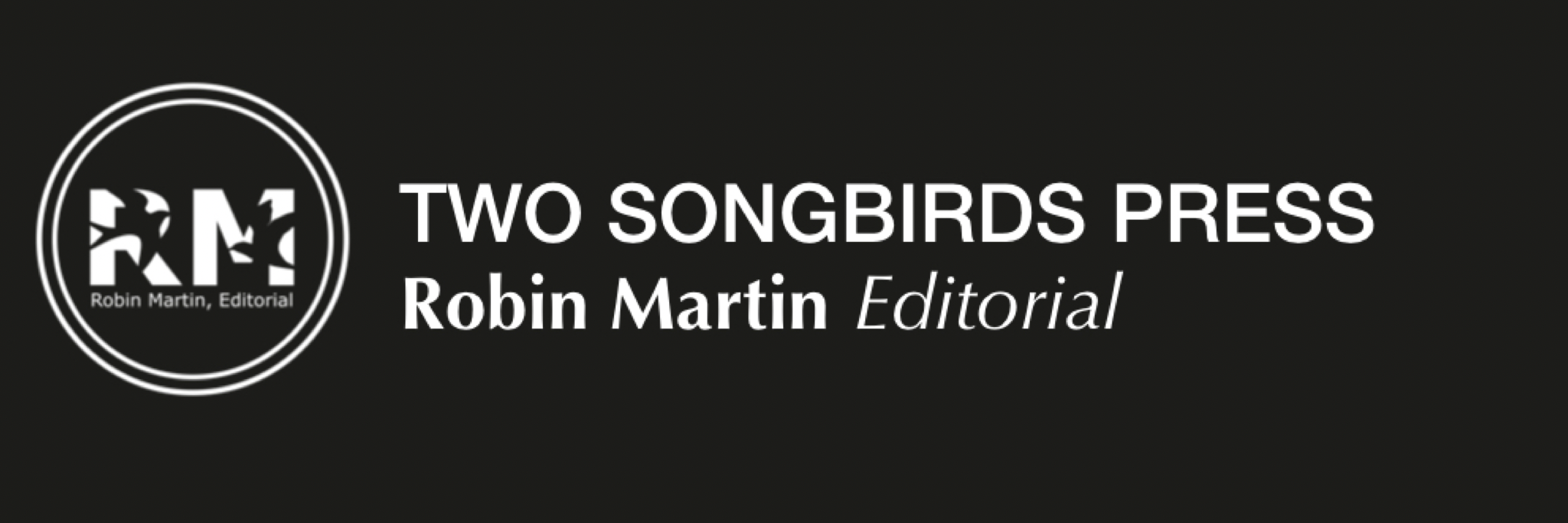- January 12, 2010
- Robin Martin
- No Comments

 The best route to take to either get critical acclaim or make a living as a serious fiction writer remains the traditional route. It is only the traditional route that affords writers the promise of big advances, although they are less common in today’s economy (it is not uncommon to have an advance be between $4,000 to $10,000, with larger amounts reserved for bigger names.); and broad exposure and marketing, although it is dependent more and more on the author to assist with this. But as long as the large houses are still accepting new work, the writer has nothing to lose by attempting this route, and much to gain.
The best route to take to either get critical acclaim or make a living as a serious fiction writer remains the traditional route. It is only the traditional route that affords writers the promise of big advances, although they are less common in today’s economy (it is not uncommon to have an advance be between $4,000 to $10,000, with larger amounts reserved for bigger names.); and broad exposure and marketing, although it is dependent more and more on the author to assist with this. But as long as the large houses are still accepting new work, the writer has nothing to lose by attempting this route, and much to gain.
Since agents often do not pitch to small presses, opting instead to spend their time shopping novels out to houses that potentially provide large advances (often small presses do not offer advances, contracting instead for the writer to earn a higher amount on the royalties) small presses remain an option for writers if their books remain unsold at the end of their contract with the agent. At this time, writers can, and should, research small presses to uncover a niche market for their novels, since the small house may be willing to take a chance where a large house was not. Only after failure in these avenues do I recommend self-publishing or digital routes.
Implementation Plan:
It is often suggested that writers let their work rest quietly for a period of time after completion. During this stage, when the novel is resting, it is a good time for writers to begin researching potential agents for their work. Agents have preferred genres and usually accept only specified type of manuscripts. Research is important in order to query the right agent for each writer’s type of fiction. Writers should learn everything they can about the agent before they draft a query letter that provides a hook, a brief synopsis of the book, and autobiographical information. An assistant or an editor should read the novel and the query letter before writers send them out, and a writer would be well served to be open to criticism at this point. It’s easier now than later after agents have rejected their work.
After querying agents, hopefully one will accept and offer a contract. Reputable agents work on speculation, that is, they get paid only when the writer does. The agent will suggest edits and work with the writer to get the best deal possible from the best publishing house in the market for this type of book.
Conclusion:
The writer has a desire to see his/her work published with a reputable publishing house, available to a wide audience, and affording him/her a living wage. The writer has a book and is willing to revise it based upon an editor’s recommendations. The writer is willing to give up control of the cover and other elements of the book in the production process. The writer is willing to put time and effort into the marketing of the book. This is the writer who will be most satisfied by the traditional publishing route, and the most likely to reach these goals.



